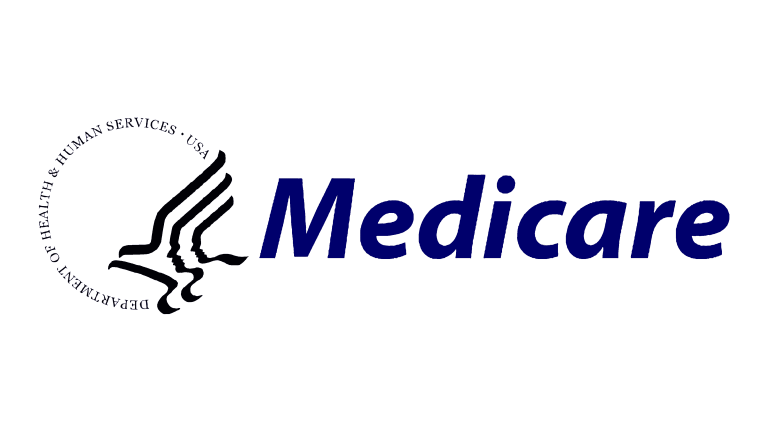
Kansas Hospital Association
TOPEKA — Medicare open enrollment is scheduled to run Oct. 15 to Dec. 7. That’s when seniors can switch coverage between Original Medicare and Medicare Advantage or change a prescription drug plan.
Original Medicare is a health plan that has two parts: Part A (hospital insurance) covers in-patient hospital and skilled nursing care, and Part B (medical insurance) covers services from physicians and other health care providers.
Original Medicare is managed by the federal government. This is the typical Medicare insurance most people are familiar with. These plans typically cost about $185 a month (with the cost deducted from your social security check) plus deductibles and co-payments. Many people pay extra for Medigap, to cover copays and other out-of-pocket costs, as well as a Part D plan for drug coverage.
Medicare Advantage is a health plan called Part C and is offered by private insurance companies as an alternative to Original Medicare. It replaces and cancels your Original Medicare plan if you choose this option. It provides the benefits of Part A, B, and often D, usually for about the same amount, with lower copays, so there’s no need for Medigap. Some Medicare Advantage plans offer benefits not in Original Medicare, such as fitness classes or vision and dental care.
Choosing between Original Medicare and Medicare Advantage requires careful consideration of your finances and health needs. Medicare Advantage plans can carry hidden risks, especially for people with major health issues. Some people in Medicare Advantage plans may end up paying unexpectedly high costs when they become ill or find that their network lacks the providers they need.
With Original Medicare individuals can see any provider who accepts Medicare, which is most.
However, Medicare Advantage plans typically require that you get care from a more limited network of providers, and in most cases, you will need a pre-authorization from the insurance payer to see specialists, receive Part B drugs, get skilled nursing facility stays or inpatient hospital stays, receive mental health services or receive diagnostic services such as procedures, labs, tests, therapy, dialysis, hearing, eye exams, dental care and many other services.
A study in the Annal of Internal Medicine found that switching to Medicare Advantage was associated with increased financial burden among vulnerable populations, especially those with low incomes.
Medicare Advantage plans also may be especially problematic for people in rural areas. A 2024 study found that nearly 6 in 10 Medicare beneficiaries living in rural areas were in Original Medicare driven by that fact that there was limited participation of local doctors and hospitals in Medicare Advantage plan networks. The networks of providers in rural areas are especially narrow, making it harder for people to get care.
In addition, several hospitals across the county have decided not to accept Medicare Advantage plans as they can be detrimental to the patients they serve and often not reliable in payments for care. This also is true in Kansas, where we have seen an increasing number of hospitals not accepting Medicare Advantage plans.
Nearly all Medicare Advantage plans (99%) require approvals and authorizations before care can be given. In a 2024 American Medical Association survey, 93% of physicians polled said authorizations delayed medical care. Medicare Advantage plans denied 3.2 million prior authorization requests for health care services in whole or in part in 2023, or 6.4 percent of the 50 million requests submitted on behalf of enrollees that year, according to a KFF analysis of federal data.
Kansans should be aware that the only way to learn about a Medicare Advantage plans’ approval and authorization practices is to ask your physician and hospital provider. Contact your local health care providers. They can connect you with individuals who can help you navigate the differences between Original Medicare and Medicare Advantage.
The Kansas Hospital Association is a voluntary, non-profit organization existing to be the leading advocate and resource for members. KHA membership includes 242 member facilities, of which 124 are full-service, community hospitals. Founded in 1910, KHA’s vision is: “Optimal Health for Kansans and Kansas Hospitals.






